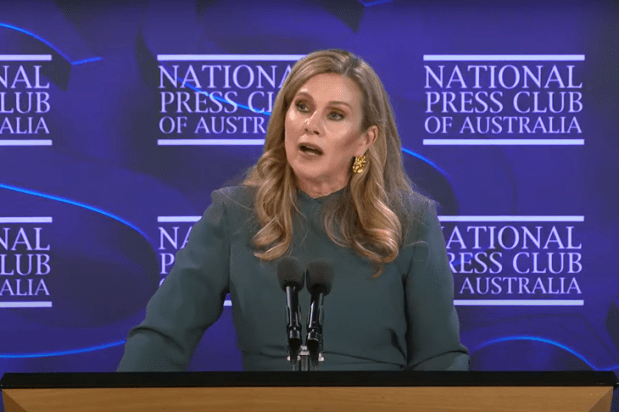The debate over so-called ‘gender-affirming care’ for children has reached a crucial moment. This treatment approach, which often involves the use of drugs, chemicals, and surgery to alter a child’s physical appearance to match that of the opposite sex, has come under intense scrutiny. Many argue it’s a necessary option for children struggling with gender dysphoria, yet a growing body of evidence suggests that these interventions are not only untested but fraught with significant risks.
Australia, in comparison to much of the Western world, appears to remain steadfast in its provision of these treatments, despite emerging concerns. This reluctance stands in stark contrast to actions taken by other countries, which have begun to critically reevaluate and, in some instances, halt these medical interventions for minors.
The UK’s Cass Review has played a crucial role in highlighting the foundation upon which these treatments are administered. It laid bare the uncomfortable truth that the current approach might very well be a gamble with children’s futures, supported by insufficient evidence.
The review’s findings, including the alarming statistic that 70 per cent of individuals ceased their ‘gender-affirming care’ upon realising their gender dysphoria was attributed to ‘other issues’, underscore the need for a more cautious, evidence-based approach. It’s particularly concerning that treatments potentially compromising bone health, mental health, cardio-metabolic health, and fertility are being administered without conclusive evidence of their benefits. This is not just a medical issue but a profound moral one.
Internationally, the response has varied, with countries like Finland and Sweden taking decisive steps away from endorsing such procedures for minors. Finland, for instance, has cited the experimental nature of ‘gender-reassignment’ treatments and recommended restricting access to puberty blockers and cross-sex hormones, emphasising instead the treatment of any existing mental disorders.
Sweden, too, has made significant policy shifts, with prestigious institutions like the Karolinska Institute halting the use of puberty blockers and cross-sex hormones for minors outside clinical studies.
These international examples offer a compelling argument for Australia to reconsider its stance. The global trend towards a more cautious approach reflects a growing recognition of the complexity of gender dysphoria and the potential consequences of premature medical intervention. It also speaks to a broader ethical imperative to protect the well-being of children, ensuring that any treatments offered are based on solid, unequivocal evidence of safety and efficacy.
The question is no longer about if Australia should reevaluate its approach to ‘gender-affirming care’ for children, but how swiftly and thoroughly it can be done.
The unveiling of the Cass Review marks highlights the need for an open conversation surrounding the safety and appropriateness of such medical interventions. This comprehensive examination joins a body of pre-existing evidence that raises serious concerns about the potential harms of these procedures, contributing to the UK’s decision to halt these treatments for minors. This move by the UK aligns with similar actions taken by Finland and Sweden, countries that have decisively shifted their stance away from promoting hormone therapies and surgeries for gender-dysphoric children under 18.
In stark contrast, the situation in Western Australia presents a troubling picture. The WA Health Department, through one of the state’s children’s hospitals, continues to oversee the administration of what can be considered experimental treatments on children despite the mounting international evidence and calls for caution. This ongoing practice occurs even as Premier Roger Cook and Health Minister Amber-Jade Sanderson remain conspicuously silent on the issue, neither addressing the growing concerns nor taking steps to halt these procedures.
The Australian Christians Party has been at the forefront in Western Australia, advocating for a critical reassessment of these treatments. We were the first to call for a comprehensive inquiry into what we see as gender experiments on children. More recently, we have demanded a total and immediate pause on all such treatments until a thorough review is completed.
Our stance is grounded not in the pending outcomes of any investigation but in a fundamental conviction that subjecting minors to drug treatments, sterilisation, and surgical alterations under the guise of ‘gender affirmation’ is inherently wrong.
The moment to act is now. We cannot, in good conscience, allow these practices to continue unchallenged. The health, well-being, and future of our children are at stake, demanding nothing less than our immediate and resolute action. It is time to align Australia with the growing international consensus, prioritising ethical care and the protection of children above all.

























